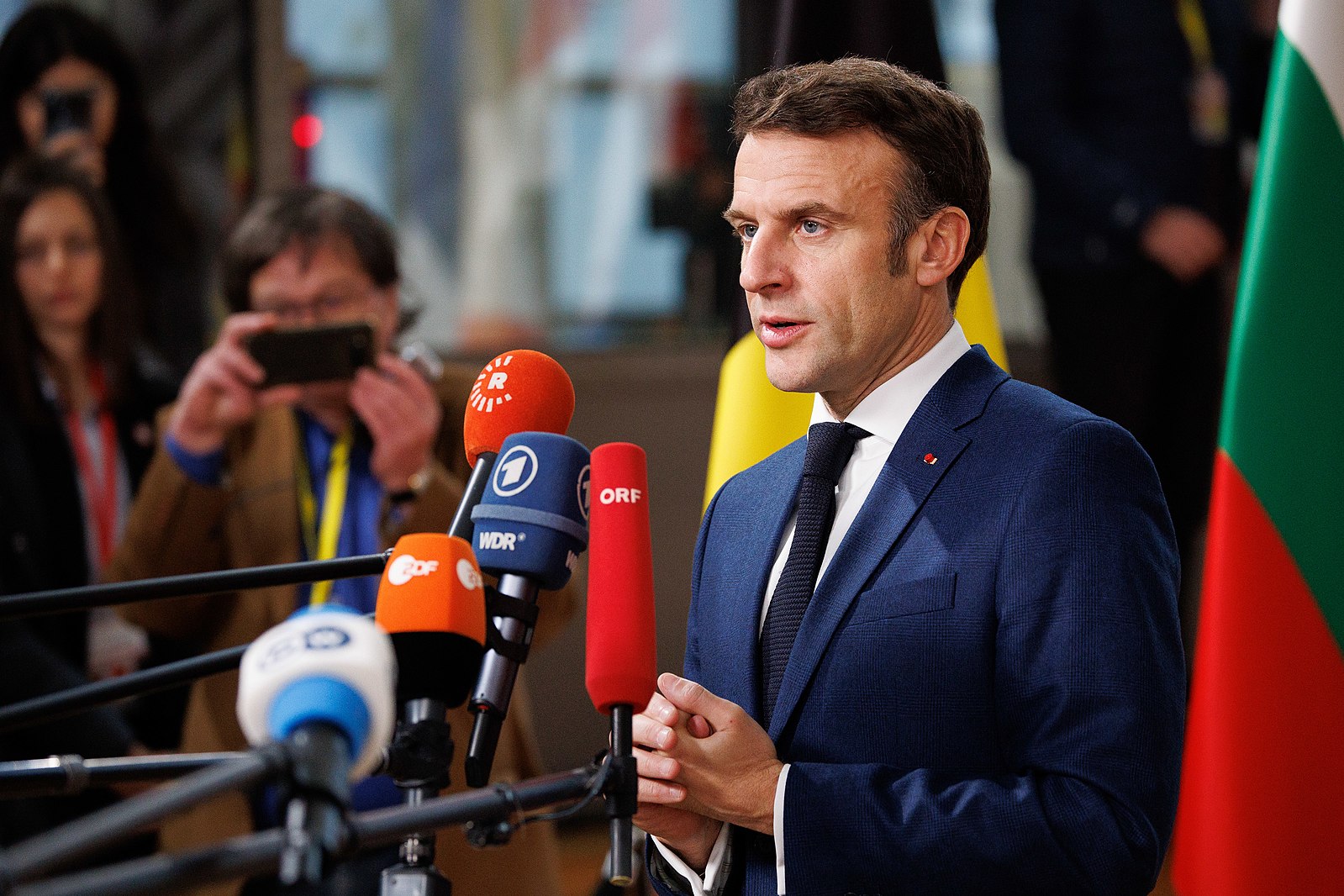Written by Valentin Julliard,
After a successful no-confidence vote that dissolved the government, French President, Emmanuel Macron, appointed a new Prime Minister, François Bayrou. Bayrou is the fourth Prime Minister of 2024, and another controversial choice. Debates spurred in French media after his appointment, with commenters estimating the chances of his new government, supporters legitimising the new PM and opponents criticizing the complete lack of fresh faces within the ranks of ministers he appointed. But in the end, the choice behind the name always lies in the same pair of hands: the President’s. And that is an issue.
This recent nomination is far from the first contentious choice from the executive branch of the government during Macron’s presidency. The decision that led to the no-confidence vote was the use of the controversial article 49.3 of the French Constitution by the then Prime Minister Michel Barnier. It allows for the government to bypass the assembly’s vote on a new bill, unless a no-confidence vote is successful (an extremely rare occasion). This asks the assembly to gather an absolute majority in order to overthrow the entire government if they want to repeal the bill that they didn’t vote for, significantly raising the cost of refusing a bill to pass. Barnier was of course not the first to use that article. Elizabeth Borne, still under Macron’s Presidency, used it 23 times in less than two years, but the record is held by Michel Rocard, who used it 28 times from 1988 to 1991.
The use and abuse of this article have been of course severely criticised over the years, with critics considering it an undemocratic practice. Moreover, if a government is indeed overthrown after a no-confidence vote, the only thing left to do is for the President to name a new Prime minister and government, as they did the last, without needing consultation. They are supposed to take into account the composition of the Parliament, but it is mere political culture rather than a legal requirement. When President Macron chose not to after unilaterally dissolving the Parliament (another power of the executive branch over the legislative one), there was nothing to be done for political opponents, except attempt a dicult to achieve no-confidence vote and wait for the next President-appointed Prime Minister who, in that case, chose to form a government awfully similar to the previous one. The responsibility of the current or any previous French government is not what is at stake here. The main issue lies with the fact that any government can rule in a democratically problematic way because of what the Constitution allows. The balance of powers heavily
weighs in favour of the executive in the fifth republic, setting the stage for democratic and legitimacy issues like the ones we are seeing today. Yet, there is very little care for the institutional issues that brought this crisis.
Now that the new government has been appointed, discussions have been focused on two things: Macron’s precarious position, and the mistakes of the new (and old) ministers. And even if the use of article 49.3 has been criticised (it caused, after all, the fall of the government), it didn’t truly lead to a discussion about its legitimacy as a democratic tool, but rather about the responsibility of the people that invoked it. Despite a few mentions, talks regarding our institutions are not a part of the mainstream political debate.
However, the constitution’s relevance has been discussed in the past. For 2022’s presidential elections, the radical left party “La France Insoumise” advocated for a sixth republic, condemning the potency of the president and the impotency of the parliament, and blaming the current system for the growing political apathy and turmoil. The radical right of Marine Le Pen also sought changes in the constitution, aiming to establish a national priority in constitutional law in order to reduce welfare payments to foreigners. Regardless of these goals, those talks have largely ceased during the last two years, perhaps in an attempt from those parties to reach mainstream appeal. This debate is now more relevant than ever in a context of unprecedented political uncertainty. Unfortunately, it remains a low priority for political parties and commentators, except for a few exceptions usually rooted in niche partisanship.
Despite being the longest-surviving regime since 1789, the Fifth Republic has suered heavy setbacks. Recent political decisions leading the country into uncharted and unstable grounds, doubled with last-longing institutional issues have strongly eroded its legitimacy and questioned its capacity to enforce democracy. So much of France’s democracy lies in its political culture and not law, leaving it vulnerable to abuse. Political leaders and civil society need to create a strong debate questioning the sustainability of our current institutions in regards to the evolution of our politics, and asking where to go from there.
Press Contact
Valentin Julliard, Public Relations Lead for the International Association for Democracy (IAD) Mail: press@iad.ngo
www.iad.ngo
https://www.facebook.com/IADemocracy
https://www.instagram.com/IADemocracy


